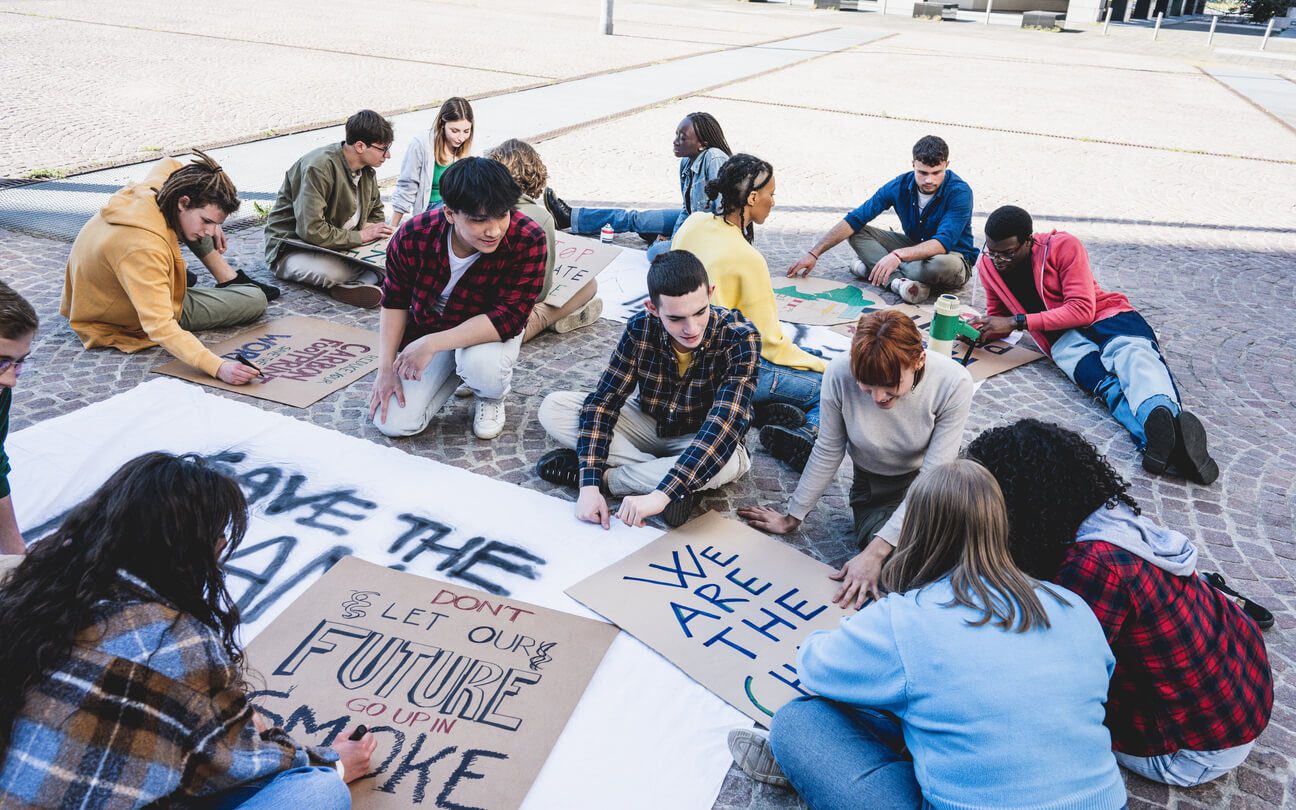close

Beyond the Protests: The True Political Concerns of Today’s College Students

An End to Anonymous Business Ownership Interest
On January 1, 2024, the reporting requirements of the Corporate Transparency Act went into effect. Enacted in 2021, the Corporate Transparency Act was designed to prevent and combat money laundering, terrorist financing, corruption, tax fraud, and other criminal activities. Under the new reporting requirements, businesses must disclose their beneficial owners to the Financial Crimes Enforcement Network (FinCEN), a US Department of Treasury branch. Beneficial owners are defined as those with 25% or more ownership interest or personal control over a business or one who benefits from a company’s assets. The Corporate Transparency Act will work with the Know Your Customer and Anti Money Laundering regulations to help prevent criminal activity. Read more to see how this act affects your business.

Beyond the Protests: The True Political Concerns of Today's College Students
The recent college campus protests have been played up in the media in recent months. A recent poll conducted by Generation Lab found that the college campus protestors of the Gaza conflict represented the views of about 10% of college students. While many students were sympathetic to the treatment of civilians, the conflict itself was at the bottom of the list of top political concerns. Topping the list of worries included healthcare, educational funding and access, economic fairness and opportunity, racial justice, civil rights, and climate change.
Pro-Palestinian college protests erupted at more than 80 college campuses across the country. Some demonstrations were disruptive and resulted in violence and property damage. The National Guard was mobilized at 21 campuses. As members of Gen Z, college students generally support freedom of speech, but opinions tend to vary as to where to draw the line. Most of those polled by Generation Lab believed that bad actors or those who failed to comply with campus rules and standards should be held accountable for their actions.
The protestors made demands for a permanent cease-fire, an end to military aid, university disinvestment from arms suppliers and/or others profiting from the war, and amnesty for participants. Prior agreements between the US and Israel complicate the US’ role in this conflict. In 1985, the US and Israel formed the Joint Economic Development Group (JEDG), which collaborated on various sectors and technologies. In 2023, the US exported $50 billion in goods and services to Israel. Since 1999, there have been multiple agreements for the US to provide military aid to Israel. As proponents of democracy and peace, the US has urged a negotiated end to decades-long disagreements between the Israelis and Palestinians. The US position in this matter may be the right solution as war tends to come with the cost of lives and destruction and, in this matter, severe humanitarian concerns.
A small percentage of campus students participate in these protests. It may be attributed to the Gen Z news source, which is highly dependent on social media. Social media news can be reliable but shouldn’t always be taken at face value. Unfiltered news should always be fact-checked as it can be subject to misinformation, disinformation, unverified facts, or generally fake news. Many social media platforms tend to be unfiltered, but some partner with fact-checkers. More importantly, algorithms on social media tend to push news based on historical searches and can lead to one-sided views on a subject matter. One should always seek out opposing opinions for balance.
The news reports of college campus protests have been sensational and have drawn public attention. After all, we haven’t seen such widespread campus protests in quite a while. If we compare the Viet Nam and Israel-Hamas conflicts, we note that there were two very different driving forces. The Vietnam War was driven by the fear of the draft. The Israel-Hamas conflict was driven by social media. The Viet Nam War protests mobilized thousands of protesters, whereas the Gaza Strip conflict mobilized only hundreds.
Through memetic transmissions, social media magnified the events unfolding on college campuses to give the impression that the movement had a much larger following. Contrary to popular belief, most of the students on campus sympathized and empathized with the inhumane treatment of Palestinian civilians but were more focused on getting an education and finding a job. In NYC, ground zero for the protests, half of the protesters arrested at Columbia University and City University for protesting were not affiliated with the respective institution.
The pandemic gave new life to social media. What began as a direct electronic information exchange evolved into a virtual gathering place and marketing tool. It became a space where one could be anonymous and express one’s thoughts freely without consequences. Perhaps there’s room for a new US-based platform that screens content with more objectivity while maintaining freedom of speech.

